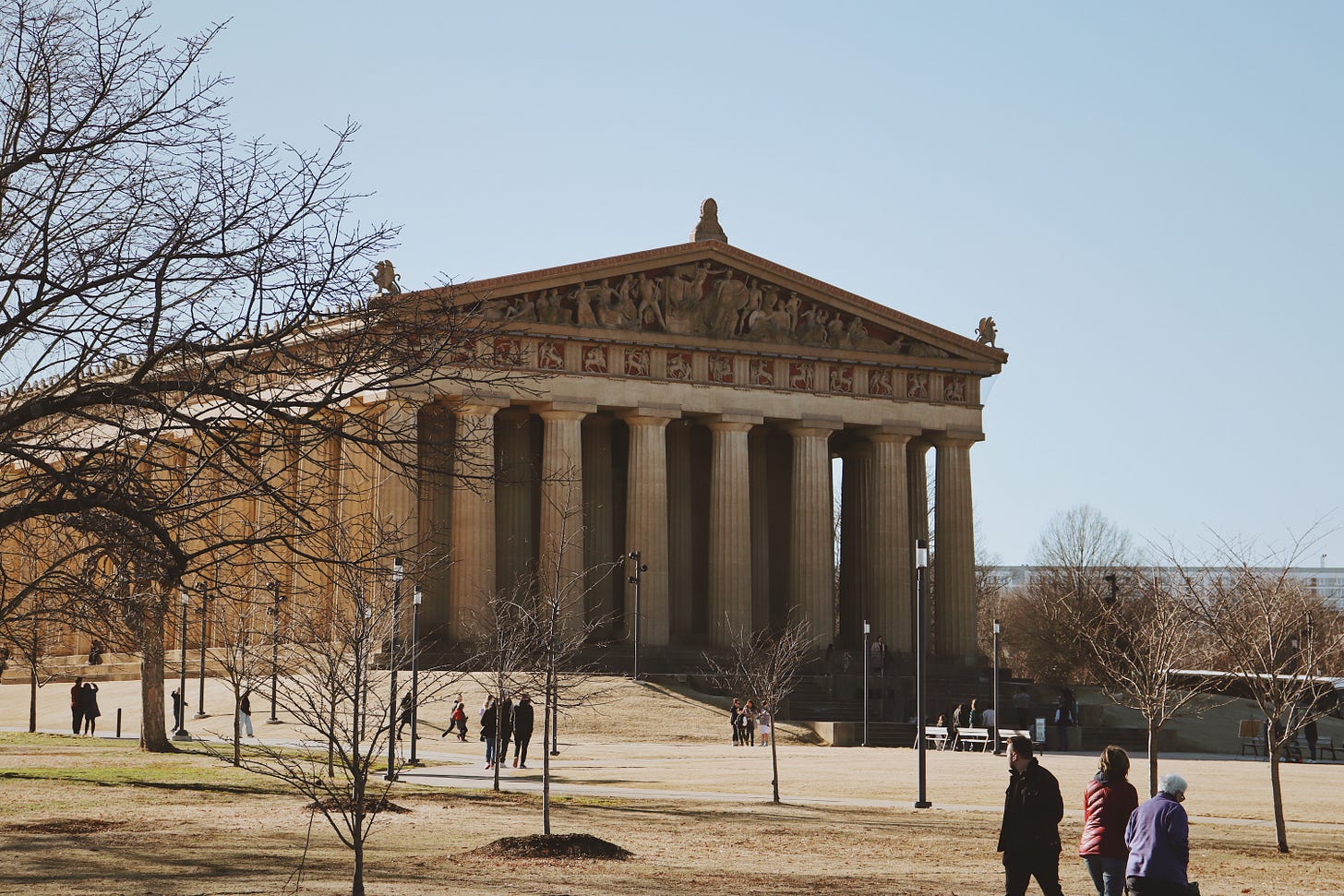Letter I: On the Inconvenience of Memory
In an age of engineered forgetting, the written word must bear the burden of remembrance.
“In an age of engineered forgetting, the written word must bear the burden of remembrance.” —Letters to the Forgetful Republic
Dear Architect of Tomorrow’s Amnesia,
I begin this series not with a demand, but with a burden: the burden of memory. In a Republic where attention is currency and history is a commodity, to remember—truly remember—is to resist. These letters are my resistance.
They are not addressed to Congress, to courts, or to kings.
They are not written for algorithms or trending tabs.
They are written for you.
You, the citizen whose consent has been manipulated by convenience.
You, who feel the dull ache that something sacred has been lost, though you’re told it never existed.
You, who sense that freedom is now a costume worn by power.
The Republic forgets. These letters do not.
What we face today is not merely a political crisis, but a civilizational drift—away from truth, away from memory, away from the hard-earned wisdom of our forebears. The assault is bipartisan. From both left and right come siren songs of revisionism, distortion, and historical vandalism.
From the cultural left, we are told by The 1619 Project that the American Revolution was not a fight for liberty, but a maneuver to preserve slavery—that 1619, not 1776, marks the true birth of the nation. It is a reframing that strips the Founders of their principles and reduces the republic’s genesis to a cynical farce.
From the ideological right, figures like Darryl Cooper of the MartyrMade podcast recast Winston Churchill as the “chief villain of World War II,” arguing that Britain’s refusal to capitulate to Hitler prolonged the war unnecessarily and doomed Eastern Europe to Soviet occupation. In 2024, Cooper shared these views on The Tucker Carlson Show, and the silence that followed was more chilling than applause.
Elsewhere, Ian Carroll peddles conspiracy as historiography. In his reinterpretation of World War II, global finance cabals orchestrated the conflict, Holocaust narratives are politically manipulated, and “Operation Underworld” becomes not an aberration, but a template—proof, he claims, of lasting ties between intelligence and organized crime.
This is not scholarship. It is alchemy: turning grievance into gold, and complexity into dogma.
In a world awash in misinformation, disinformation, and ideological narratives, truth is the final tether to reality. And when that tether snaps, when we can no longer distinguish fact from fiction, demagogues and charlatans flourish. Tyranny doesn’t begin with jackboots. It begins with euphemism. It begins with bad history.
Orwell knew this when he wrote: “Freedom is the freedom to say that two plus two make four.”
To remember is to say precisely that—to affirm the obvious, the verifiable, the inconvenient.
These letters are not written to reclaim a golden age. The past is not perfect. But it is real. And if we abandon it, we invite a future engineered by opportunists who rely on your forgetting to secure their power.
I write not as a partisan, but as a citizen. Not to flatter your instincts, but to provoke your conscience. If anything I write offends you, let it offend you toward inquiry. Toward doubt. Toward memory.
Because truth is inconvenient.
And so is remembering.
In pursuit of remembered freedom,
—Thought Criminal






